Why New Construction Homes Spark Debate
Buying a home is one of the biggest financial decisions you’ll ever make, and the choice between a resale home and new construction often sparks heated debates. You’ve probably heard things like, “New homes are overpriced,” or “They don’t have any character.” But how much of that is true? In reality, many of these so-called “facts” are myths that could be holding you back from making a smart investment. Let’s separate myth from reality and clear up the confusion.
Myth #1: New Homes Are Always More Expensive
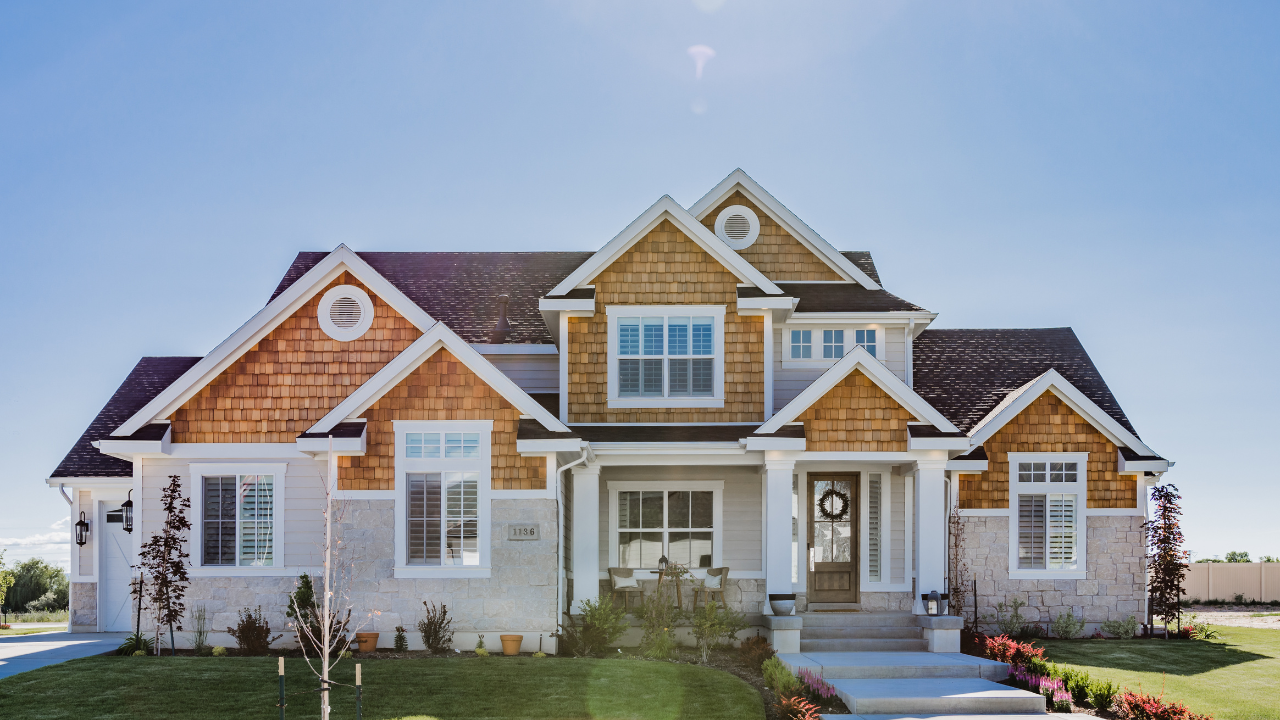
The Reality Behind Pricing
It’s true that new homes often come with a higher sticker price compared to older homes. However, what many buyers overlook is the hidden savings. New construction typically requires less immediate maintenance, fewer renovations, and comes with energy-efficient systems that cut monthly costs.
Long-Term Savings With Energy Efficiency
Think about it: an older home may have outdated HVAC systems, drafty windows, or poor insulation. That translates into higher utility bills. New builds, on the other hand, are designed with energy efficiency in mind—double-paned windows, high-efficiency appliances, and modern insulation save thousands over the years.
Myth #2: New Homes Lack Character
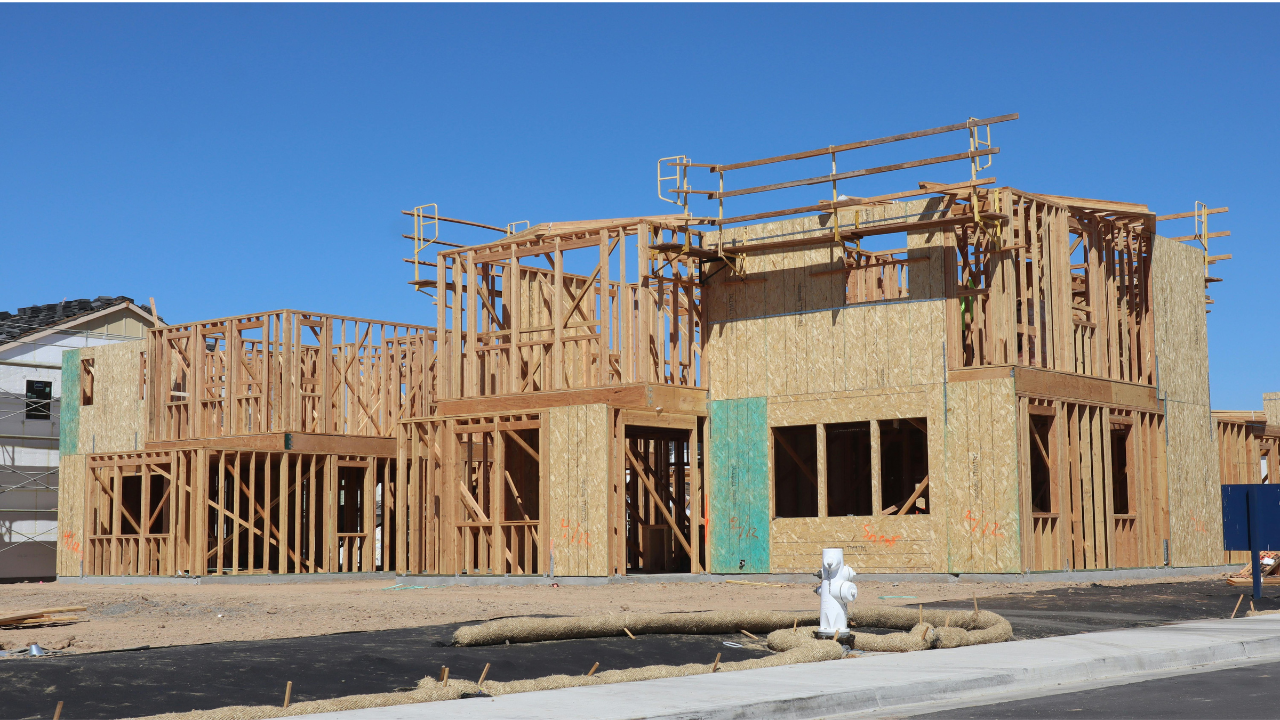
Customization Opportunities
One of the biggest perks of buying new is the ability to customize. From the floor plan to the finishes, buyers often get to choose the style that reflects their personality. Unlike older homes where you inherit someone else’s taste, a new build lets you start fresh.
Modern Design Advantages
Open layouts, bigger closets, and spacious kitchens—these modern design features simply weren’t as common in older homes. While a historic property might ooze charm, a new home offers comfort and practicality that fits today’s lifestyle.
Myth #3: You Don’t Need an Inspection

Why Every Home Needs a Professional Check
A brand-new home might look flawless, but that doesn’t mean it’s perfect. Even the best builders can miss details. Hiring a professional inspector ensures plumbing, electrical systems, and structural components are all up to standard.
Common Issues Found in New Builds
It’s not uncommon to find small issues like improper grading, missing insulation, or misaligned fixtures. Catching these early saves you headaches down the road.
Myth #4: New Construction Means No Repairs for Years
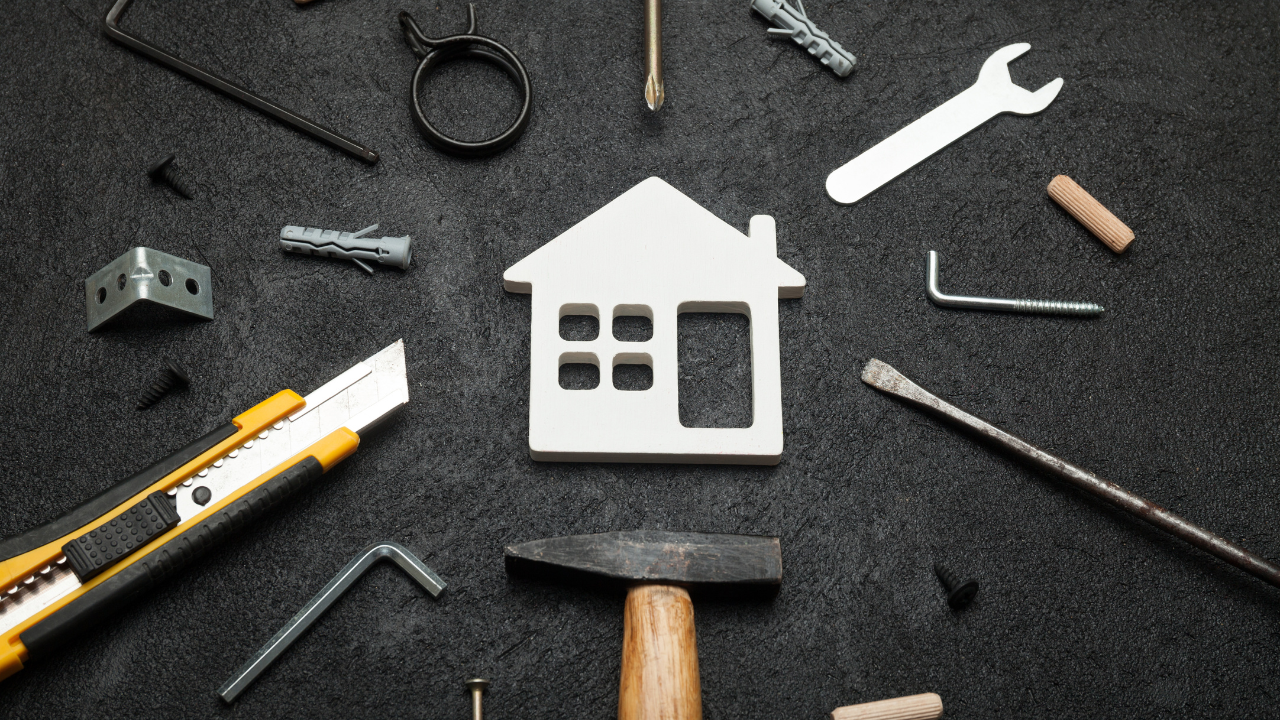
Warranty Coverage vs. Reality
Most new homes come with builder warranties covering structural elements and major systems. That’s a big safety net, but it doesn’t mean you’ll never have to touch a hammer.
Early Settling and Minor Fixes
All homes settle within the first couple of years. That might mean small cracks in drywall or doors that stick. These aren’t deal-breakers, but they’re realistic parts of owning any home.
Myth #5: Builders Don’t Negotiate
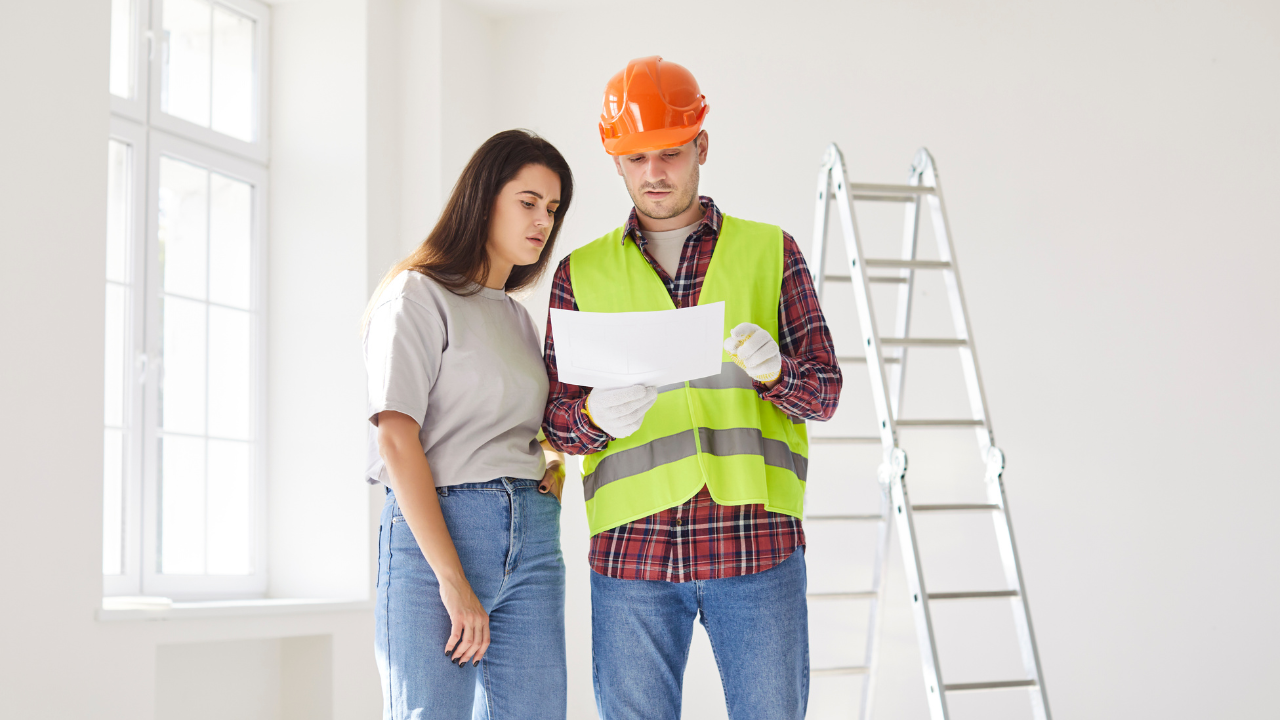
Where You Can Save Money
While builders may not slash the base price of the home, they often negotiate in other ways. For example, you can score free upgrades, closing cost assistance, or better appliance packages.
Negotiating Incentives and Upgrades
Think of it like buying a car. The sticker price may stay, but the dealer throws in extras. Builders work the same way—they want to close deals, and incentives are their tool.
Myth #6: New Builds Take Too Long
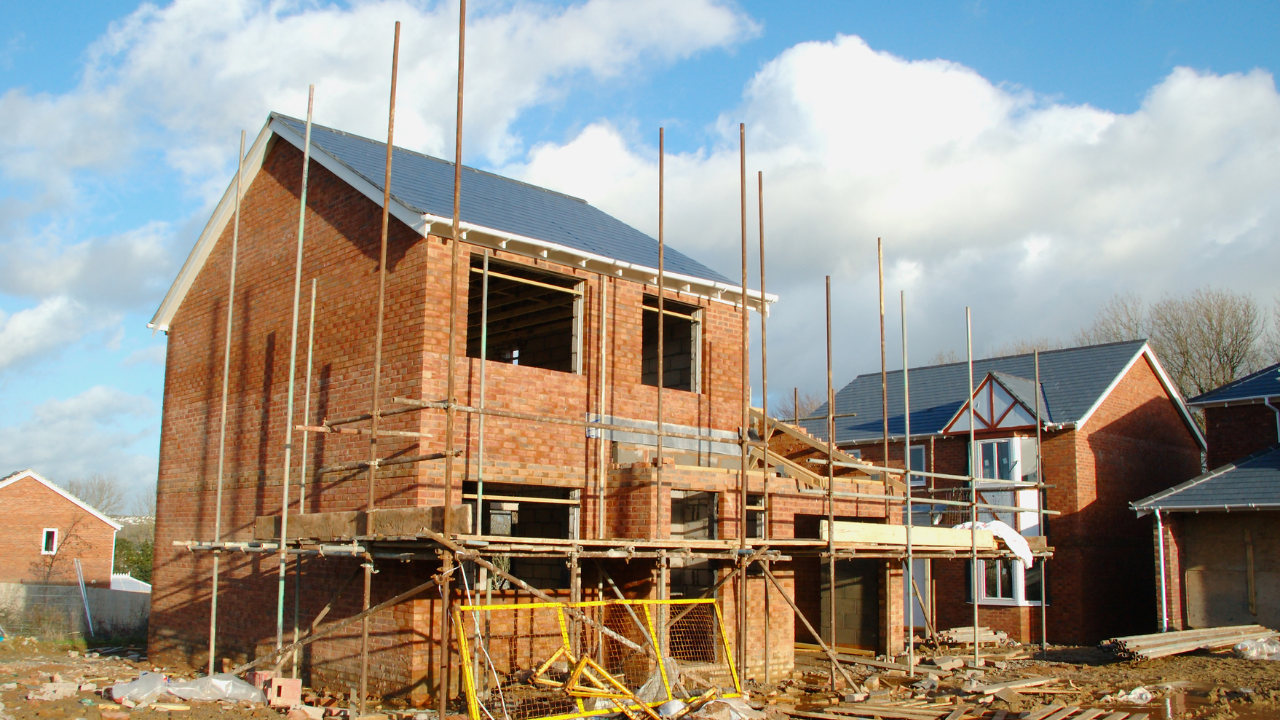
Construction Timelines Explained
Yes, building from the ground up can take months. But buyers also have the option of purchasing “spec homes,” which are already under construction or move-in ready. That shortens the wait significantly.
Ways to Speed Up the Process
Choosing standard floor plans and finishes, or buying in communities with multiple active builds, often means a faster timeline compared to full custom jobs.
Myth #7: New Homes Are Built Cheaply
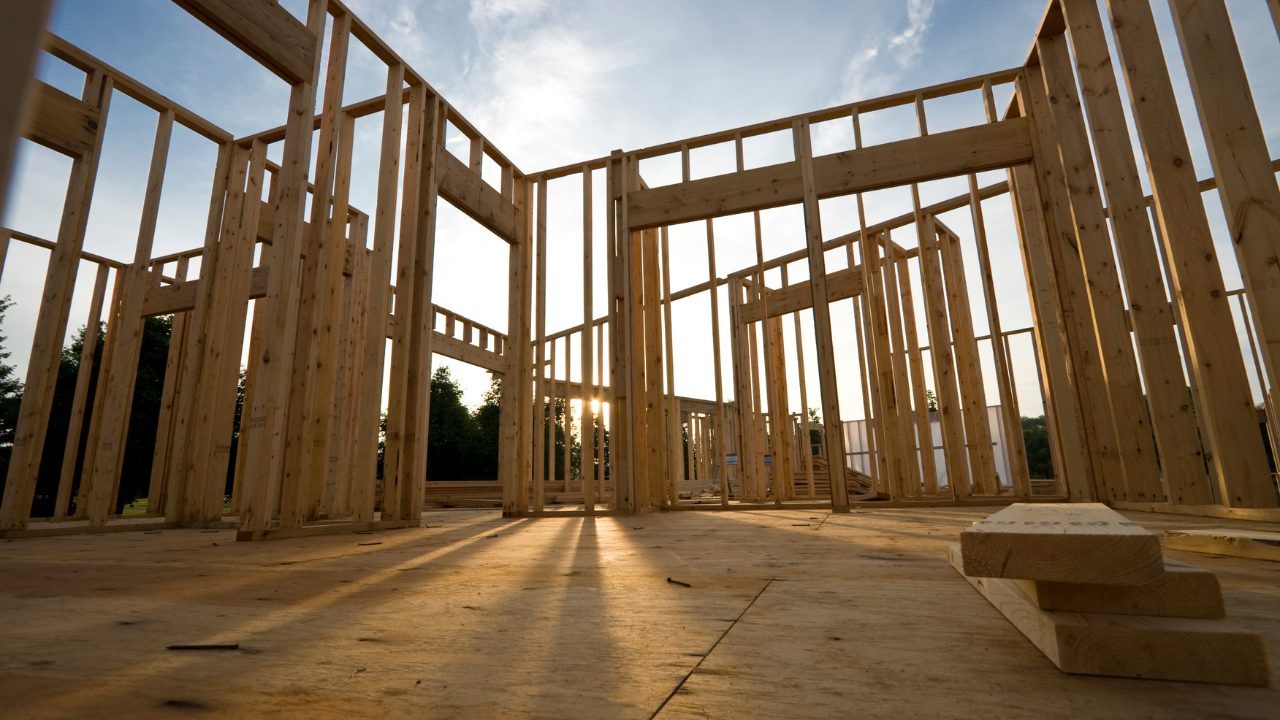
Understanding Building Codes and Standards
Today’s building codes are stricter than ever. Builders must meet safety, energy, and quality regulations that weren’t in place decades ago. That means newer homes often have stronger structural integrity.
The Role of Builder Reputation
Of course, not all builders are equal. Researching reviews, checking past projects, and asking about materials used is the best way to avoid a poorly built home.
Myth #8: New Homes Are Only for First-Time Buyers

Why Downsizers and Investors Benefit Too
New construction appeals to a wide range of buyers. Empty nesters love single-story new builds with low maintenance, while investors are drawn to energy-efficient homes that attract renters willing to pay premium prices.
Myth #9: You Don’t Need a Realtor for New Construction

How Realtors Protect Your Interests
Builders have sales representatives, but they work for the builder—not you. A realtor represents your best interests, negotiates on your behalf, and ensures you’re not blindsided by contracts.
Hidden Perks of Having Representation
Realtors often know about builder promotions or can spot hidden costs in upgrade packages. That inside knowledge can save you thousands.
Myth #10: What You See in the Model Is What You Get

The Truth About Upgrades
Model homes are designed to impress—with premium countertops, designer lighting, and upgraded flooring. But many of those finishes are optional and come at an additional cost.
Managing Expectations During the Build
The key is knowing what’s included in the base price and budgeting realistically for upgrades. Transparency with the builder helps avoid surprises.
Advantages of Buying a Newly Built Home
Energy Efficiency and Sustainability
From solar panels to tankless water heaters, new homes are built with sustainability in mind. These features reduce your carbon footprint and save money long-term.
Technology Integration and Smart Features
Smart thermostats, security systems, and integrated Wi-Fi are now standard in many new homes, adding convenience and peace of mind.
Things to Consider Before Buying New Construction
Location and Community Development
A shiny new home loses appeal if it’s in a poorly planned community. Look at future growth, nearby amenities, and long-term value.
Builder Reputation and Past Work
Visit completed neighborhoods by the same builder. Are the homes holding up well? Do residents seem happy? These details speak volumes.
Conclusion: Should You Buy a Newly Built Home?
At the end of the day, buying a new home isn’t about avoiding myths—it’s about knowing the facts. New builds offer customization, energy savings, and peace of mind, but they also come with realistic considerations like timelines and upgrade costs. By understanding the truth behind common misconceptions, you can make a confident decision that fits your lifestyle and financial goals.
FAQs
- Do new homes appreciate as fast as resale homes?
Yes, especially in growing neighborhoods. Location often matters more than the age of the home. - Are property taxes higher on new homes?
They can be initially since taxes are based on the new value, but this levels out over time. - How long does it usually take to build a new home?
On average, 6–12 months, but spec homes can be ready in as little as 30–90 days. - Can I use my own inspector for a new home?
Absolutely. It’s your right as a buyer to hire an independent inspector. - Do builders include landscaping in new home sales?
Some do, but often landscaping is minimal. Buyers may need to budget for additional work.

.png)
